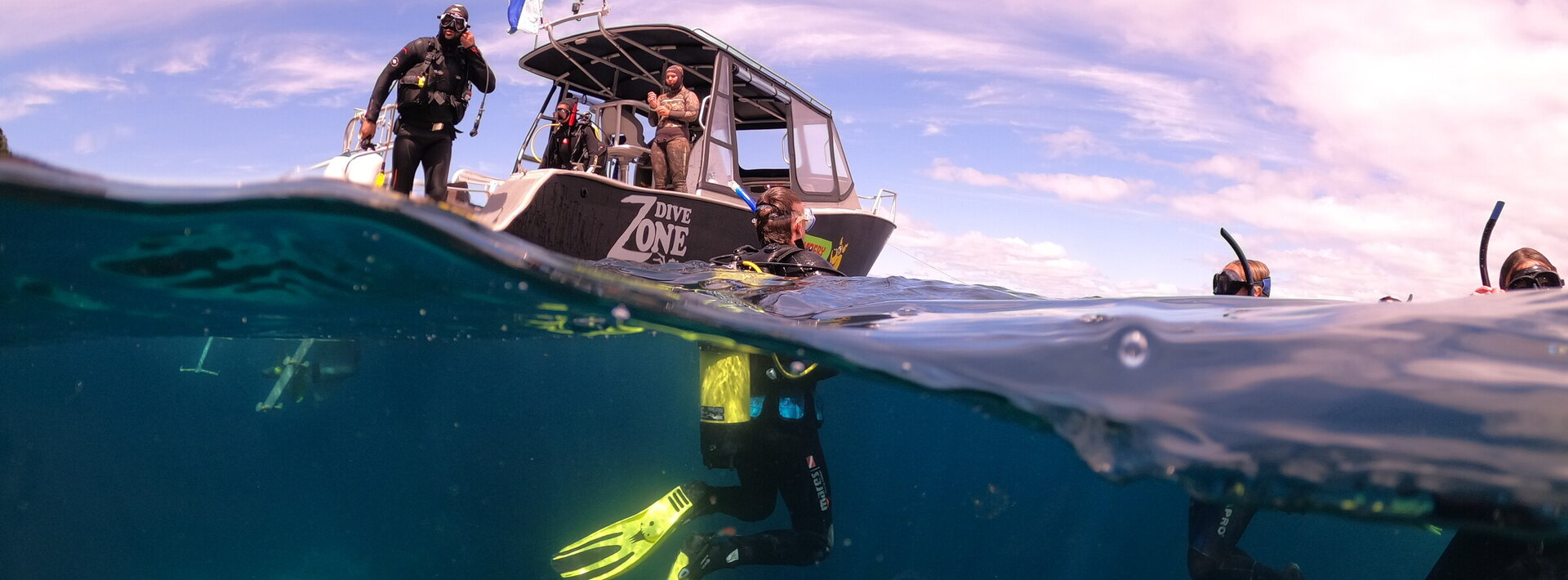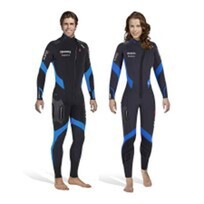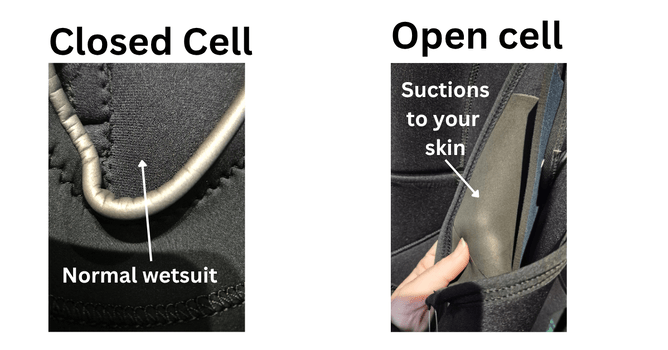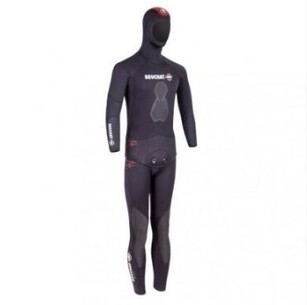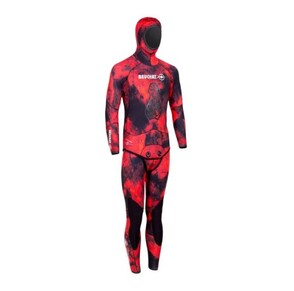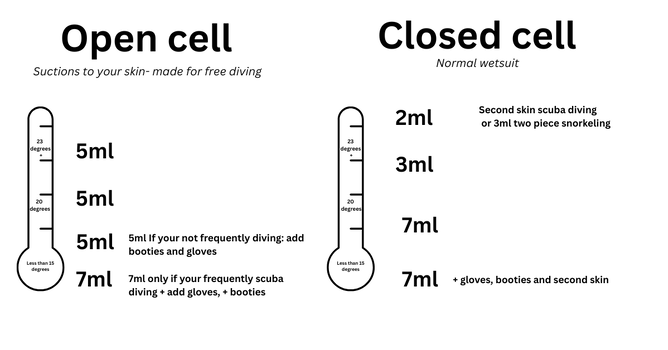Everything you need to know to decide on a wetsuit to buy, so you can feel confident in your wetsuit choice.
This blog will help you gain clarity around;
What wetsuit to use for different activities and water temperatures
What wetsuit thickness you need for specific water temps and activities
PS: Our huge winter wetsuit sale is the perfect time to finding your summer wetsuit!
Sale ends 31/07/2025.
Wetsuit Types
Before you pick a thickness, you first need to pick a type..
There are two type of wetsuits that we sell; "Open cell" and "Closed cell".
Option 1.
Closed cell wetsuits are double lined and made of nylon, polyester or fleece, one or both sides of the neoprene traps a thin warmer water layer. They have a typical wetsuit material feel to them.
Option 2.
Open cell wetsuits are single lined with raw neoprene that touches your skin creating a suction feel that somewhat blocks water they feel kind of sticky like a suction cup sticking to your skin. So which one is best?
Option 1: CLOSED CELL PROS & CONS....
Closed cell wetsuits are perfect for snorkeling and scuba diving and are easy to put on and take off but they are not as warm compared to Open Cell and are less flexible.
PROS AND CONS:
Advantages:
Great for snorkeling (Reef suites, size: 3ml) and scuba diving (Dive Suites, size 7-8.65ml)
Easy to put on and take off
You can get them in 1 piece or two piece (can choose different top size vs bottom size)
Disadvantages:
Water gets in faster compared to open cell suits
Less flexible the thicker they get
Not a long lasting freediving suit (wears out faster with freediving)
Option 2. OPEN CELL PROS & CONS...
Open cell wetsuits are perfect for freediving, spearfishing and for snorkelers who want to keep extra warm without losing flexibility with thicker suites.
PROS AND CONS:
Advantages:
Keeps your warmer for longer
Great Flexibility (Insulation means you don't need a thick suit to stay warm)
Comes in two piece options so you can have a bigger top with smaller bottoms and vise versa
Lasts longer than closed cell when used as a freediving suit
Disadvantages
Takes time getting use to putting it on and off (you need to use wetsuit lubricant to get it on)
Delicate (You need to be careful with it, finger nails/toenails can puncture it- handle with care)
What's better Open cell and closed cell? It depends on your personal preference:
Insulation/ Warmth; Open cell (Better warmth-to-thickness)
Mobility: Open cell
Durability: Closed cell
Ease of use: Closed
Wetsuit Thickness
Now that you have decided if you want an open cell or a closed sell wetsuit you can decide how thick you want it.
OPEN CELL (the suction feel ones that are made for freediving)
5ml is the general option if you are diving in water that's around 15-22 degrees. Keeping in mind that you can always add gloves and socks
*You can request to order even thicker ones but the thicker you go the less flexible they get and would only be for 7-14 degree water.
CLOSED CELL (Your typical wetsuit material)
For scuba diving our students wear 7ml all year round and add a hood, booties and gloves or even a Mares Second skin in winter.
For snorkeling, or surfing in 17-21 degree water you can go for 3m or short sleeve in 21-25 degree waters.
If your scuba diving in a tropical climate you can grab a 2mm second skin, or 3mm short sleeve.
Now that you know which wetsuit to pick - make sure you pop into the store before end of day 31st July 2025 to try some one before our huge sale ends!
